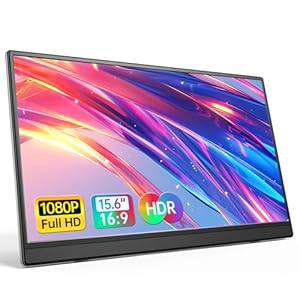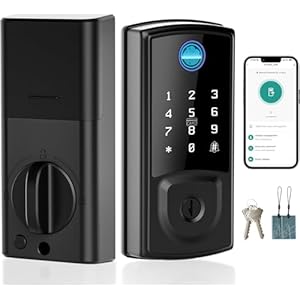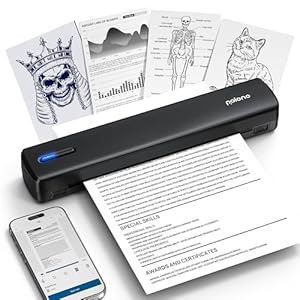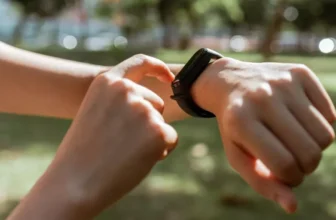
As you navigate the fast-paced world of healthcare, you may have noticed a subtle yet profound shift towards a more personalized and proactive approach to wellness. Wearable technology has quietly woven itself into the fabric of medical advancements, offering a glimpse into a future where health is not just managed but optimized. The potential of these devices to transform the landscape of patient care is undeniable, but how exactly are they reshaping the traditional healthcare model?
Monitoring Health in Real-Time
By tracking vital signs continuously, wearable tech devices revolutionize the way you monitor your health in real-time. These devices provide you with immediate feedback on your heart rate, calories burned, sleep patterns, and even stress levels. With this information at your fingertips, you can make informed decisions about your health and well-being throughout the day.
Imagine being able to see how your body reacts to different activities, foods, or environments in real-time. Wearable devices allow you to do just that, giving you personalized insights into what works best for your body. Whether you’re trying to improve your fitness level, manage a chronic condition, or simply lead a healthier lifestyle, these devices empower you to take control of your health like never before.
In addition to monitoring your physical health, wearable devices can also track your mental well-being. Some devices are equipped with sensors that can detect changes in your stress levels, helping you manage and reduce anxiety in real-time. This instant feedback enables you to make adjustments to your daily routine to promote better mental health.
Early Detection of Medical Conditions
Detect potential medical conditions early by utilizing wearable tech devices that monitor key health indicators continuously. These innovative devices can track vital signs like heart rate, blood pressure, and even detect irregularities in your heart rhythm.
By wearing these devices regularly, you can gather valuable data about your health over time, allowing you to notice any deviations from your normal baseline. For example, some wearable tech can alert you to potential signs of conditions such as atrial fibrillation or sleep apnea, prompting you to seek medical attention early on.
This proactive approach to health monitoring can lead to early intervention and treatment, potentially preventing more serious health issues down the line. With the convenience of wearable devices seamlessly integrating into your daily routine, staying on top of your health has never been easier.
Embrace the power of wearable tech for early detection and take control of your well-being.
Enhancing Remote Patient Care
Utilize wearable tech innovations to improve remote patient care through real-time health monitoring and communication. These technologies enable healthcare providers to keep track of your vital signs, activity levels, and overall health status without you having to be physically present in a clinic. By wearing devices like smartwatches or health-tracking patches, your healthcare team can receive continuous updates on your well-being, allowing for early intervention if any concerning changes occur.
Through remote patient monitoring, you can have peace of mind knowing that your health is being monitored even when you’re at home. This constant stream of data can provide valuable insights into your health trends, helping your healthcare provider make informed decisions about your care plan. Additionally, wearable devices equipped with communication features allow for easy and instant interaction between you and your medical team. This quick exchange of information can lead to prompt adjustments in treatment or the provision of timely medical advice, ultimately enhancing the quality of your remote care experience.
Improving Treatment Outcomes
To enhance treatment outcomes, wearables play a key role in providing real-time health data for personalized medical interventions. By continuously monitoring vital signs and activity levels, wearables enable healthcare providers to make timely adjustments to treatment plans, leading to more effective outcomes. For instance, wearables can track medication adherence, ensuring that patients follow their prescribed regimens accurately. This real-time data allows for immediate intervention if deviations occur, improving overall treatment efficacy.
Moreover, wearables contribute to outcome improvements by facilitating remote patient monitoring. Through constant data transmission, healthcare professionals can remotely assess patients’ progress and intervene promptly if any issues arise. This proactive approach not only enhances patient safety but also boosts treatment success rates.
Additionally, wearables empower individuals to take a more active role in managing their health. By offering personalized insights and feedback, these devices motivate users to make healthier choices and adhere to treatment plans more diligently. Ultimately, the integration of wearables in treatment protocols leads to better outcomes, increased patient engagement, and more efficient healthcare delivery.
Trending Products
























